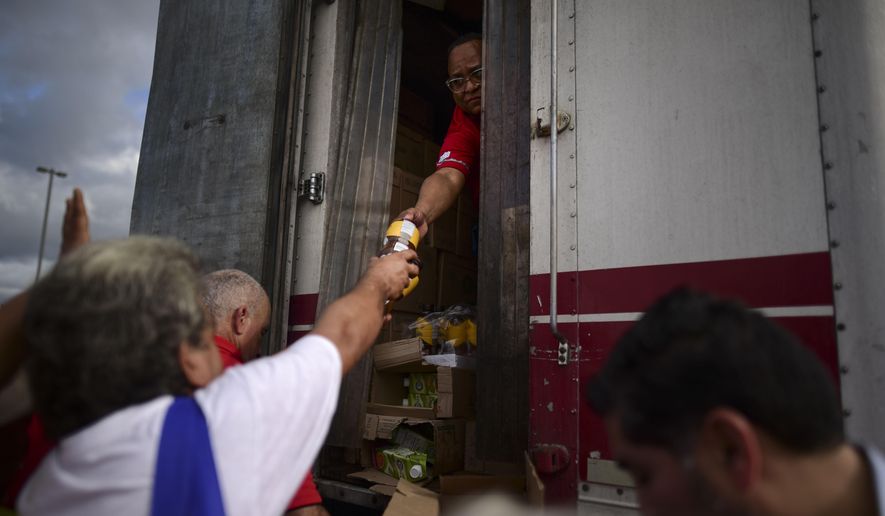A coalition of 18 state attorneys general is urging the Supreme Court to rule that Americans in U.S. territories should be included in federal aid programs.
The group filed a friend-of-the-court brief this week in U.S. v. Valleo-Madero, a case filed in 2020 during the Trump administration that challenges the constitutionality of excluding residents of Puerto Rico and other U.S. territories from Supplemental Security Income (SSI) benefits.
Congress implemented the SSI program to give monthly financial assistance to low-income Americans who are elderly, blind or disabled in all 50 states, the District of Columbia and the Commonwealth of the Northern Mariana Islands.
Those living in the U.S. territories of Puerto Rico, Guam, the U.S. Virgin Islands and American Samoa are not eligible.
In the brief, the coalition notes that the high court previously has ruled that Congress must show it is necessary to treat some states differently than others in order to address a specific problem.
Because the excluded territories have become “more tightly woven into our national fabric,” a similar standard should be applied to all U.S. territories, the attorneys general argue.
Guam Attorney General Leevin T. Camacho says excluding the island of more than 170,000 residents and those in the other three territories from federal programs like SSI “is unfair and unconstitutional.”
“It’s about equality, fairness, and the belief that injustice anywhere is a threat to justice everywhere,” Mr. Camacho said.
The coalition argues that Congress’ power to discriminate against the areas is based on racially biased Supreme Court decisions from the 1900s that dealt with treatment of territories obtained from Spain.
The “troubling” precedent, they said, should not be carried on “by rubber-stamping Congress’ discrimination against the nearly 3.8 million residents of U.S. territories.”
Poverty rates in the excluded areas show they are also arguably where the federal assistance is most needed, according to the brief.
In 2019, the SSI program doled out nearly $55.9 billion in benefits, and the attorneys general estimate that adding the four territories would cost about $1.9 billion, which would increase the program’s annual budget by about 3%.
D.C. Attorney General Karl A. Racine says all U.S. residents “should receive equal representation and support, no matter where they live.”
“We’re urging the Supreme Court to reject the racist precedent that has allowed for the differential treatment of U.S. territories and help ensure that federal benefits can help lift more American individuals, families, and children out of poverty,” Mr. Racine said.
The group wants the Supreme Court to affirm a ruling by the U.S. Court of Appeals for the 1st Circuit that Congress violated the due process clause in the Fifth Amendment when it passed the SSI provisions.
The appellate court’s decision upheld a district court ruling that the legislature lacked rational basis to discriminate against U.S. citizens residing in Puerto Rico in passing the provisions.
The brief included state attorneys general of Connecticut, Delaware, Hawaii, Maryland, Massachusetts, Minnesota, Nevada, New Jersey, New Mexico, New York, the Northern Mariana Islands, Oregon, Pennsylvania, Rhode Island, Vermont and Virginia.
The Supreme Court is scheduled to return in person to the courthouse in October. Oral arguments for this case have not yet been scheduled.
• Emily Zantow can be reached at ezantow@washingtontimes.com.




Please read our comment policy before commenting.